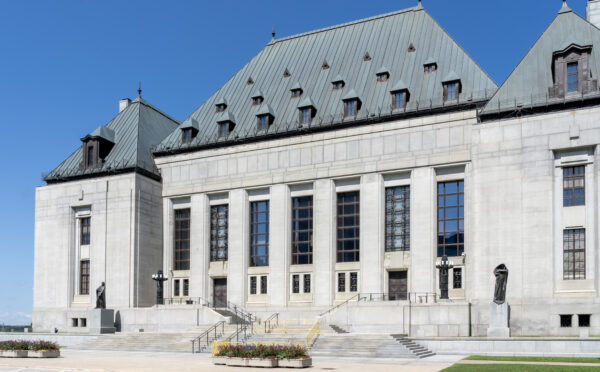
In College of Physicians and Surgeons of British Columbia v. The Health Professions Review Board, 2022 BCCA 10, the British Columbia Court of Appeal (BCCA) clarified how courts should review decisions of administrative appeal bodies that are subject to statutory standards of review.
In this case, the Review Board’s home statute required it to review the “adequacy” of the College of Physicians and Surgeons of British Columbia’s (CPSBC) investigation into a complaint against a physician, and to review the “reasonableness” of the CPSBC’s disposition of the complaint.
A five-judge panel of the BCCA overturned its prior authority that an “adequacy” standard of review was equivalent to a deferential “reasonableness” standard under administrative law principles. The Court reasoned that if the legislator had intended for the Review Board to defer to the CPSBC, it would have used the well-known language of “reasonableness”. Use of the term “adequacy” instead indicated that the legislator intended for the Review Board to make its own evaluation of the investigation.
The Court also clarified that where an administrative appeal body applies a deferential standard of review, on judicial review a court should not “stack” another deferential standard on to the decision. For example, the Court held that it did not need to ask if the Review Board had acted patently unreasonably in concluding that the CPSBC had unreasonably disposed of the complaint. The Court held that it could take a “short cut” and directly assess the reasonableness of the CPSBC’s decision.
This decision thus provides the following framework for how courts should review decisions of administrative appeals bodies subject to statutory standards of review:
(a) If the statutory standard of review does not require the appeal body to defer to the original decision-maker (e.g., in the case of an “adequacy standard”), then the reviewing court applies the applicable standard for judicial review (e.g., reasonableness or patent unreasonableness); but
(b) If the statutory standard requires the appeal body to defer to the original decision-maker (e.g., in the case of a “reasonableness standard”) then the reviewing court must apply the deferential standard that the review body was supposed to apply (e.g., the reviewing court reviews the reasonableness of the original decision).
Interestingly, the BCCA also took the opportunity to expressly decline calls from commentators that, following Vavilov, the Court should refine the “patent unreasonableness” standard which continues to exist under B.C.’s Administrative Tribunals Act. While the Court acknowledged that the common law standard of reasonableness has continued to evolve, it emphasized that the statutory patent unreasonableness standard has remained stable as the most deferential standard of review in Canada.

